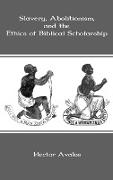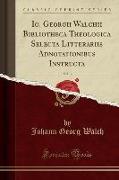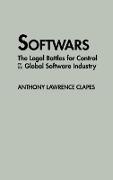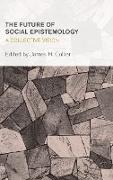Slavery, Abolitionism, and the Ethics of Biblical Scholarship
BücherAngebote / Angebote:
In this immensely wide-ranging and fascinating study, Avalos critiquesthe common claim that the abolition of slavery was due in large part tothe influence of biblical ethics. Such a claim, he argues, ischaracteristic of a broader phenomenon in biblical scholarship, whichfocuses on defending, rather than describing, the ethical normsencountered in biblical texts.The first part of Avalos's critique explores how modern scholars havepraised the supposed superiority of biblical ethics at the cost ofdiminishing or ignoring many similar features in ancient Near Easterncultures. These features include manumission, fixed terms of service, familial rights, and egalitarian critiques of slavery. At the same time, modern scholarship has used the standard tools of biblical exegesis inorder to minimize the ethically negative implications of many biblicalreferences to slavery.The second part of the book concentrates on how the Bible has beenused throughout Christian history both to maintain and to extendslavery. In particular, Avalos offers detailed studies of papal documentsused to defend the Church's stance on slavery. Discussions of Gregoryof Nyssa, Aquinas and Luther, among others, show that they are notsuch champions of freedom as they are often portrayed.Avalos's close readings of the writings of major abolitionists such asGranville Sharp, William Wilberforce and Frederick Douglass show anincreasing shift away from using the Bible as a support forabolitionism. Biblical scholars have rarely recognized that pro-slaveryadvocates could use the Bible just as effectively. According to Avalos, one of the complex mix of factors leading to abolition was theabandonment of the Bible as an ethical authority. The case of thebiblical attitude to slavery is just one confirmation of how unsuitablethe Bible is as a manual of ethics in the modern world.
Folgt in ca. 15 Arbeitstagen




